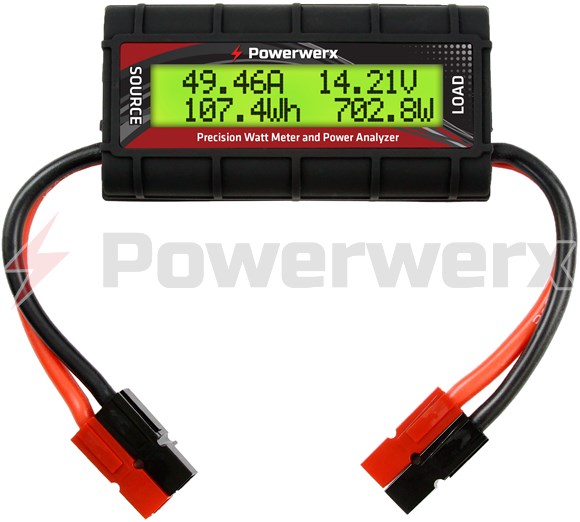quincytrout
New member
I’m about to get a used FWC Eagle, and am hoping to install a maxxair fan in the vent hole that already exists. I travel pretty minimal, that’s the only thing I will be running overnight, and likely not during the day. I am trying to decide between installing another battery and an isolater switch, or a really small solar setup. The Maxxair manual says it needs 12V/5A at a minimum, but the draws that people have reported from trimetrics meters at low fan speeds are way lower than 5a (see pic attached). I also don’t know anything about power/currents so I could be misunderstanding this.
Long story short, does anyone have recommendations for a cheap and easy power set up? It’s currently 94 degrees and raining down in the red river gorge and I leave in a week, I wanna set myself up for a little bit of comfort!
Long story short, does anyone have recommendations for a cheap and easy power set up? It’s currently 94 degrees and raining down in the red river gorge and I leave in a week, I wanna set myself up for a little bit of comfort!


